Research Center “Ekosistema”


About the center
The Research Center "Assessment of anthropogenic transformation of ecosystems" (RC "Ekosistema") was organized in March 2021 on the basis of dynamically developing at the Mining University scientific school of geoecology, which is included in the register of leading scientific and scientific-pedagogical schools of St. Petersburg. The purpose of its creation was the need to minimize the negative impact on the environment from the enterprises of the fuel and energy complex, obtaining new fundamental and applied knowledge in this field.
The partners of the Center are flagship mining and energy corporations interested in increasing their sustainability. Among them are Russian Copper Company, Polyus, Gazprom Neft, and many others. Our scientists carry out works by their request, such as research of composition and properties of fillers for filters for fine treatment of oily effluents; testing and adaptation of reagents for killing wells; development of technical conditions for backfilling of mined-out space of pits after the termination of mining operations there and making decisions on the beginning of land reclamation.
The main areas of the Center's research activities are:
-
Reducing accumulated environmental damage and greenhouse gas emissions
-
Improving environmental and technogenic safety at mineral sector enterprises.
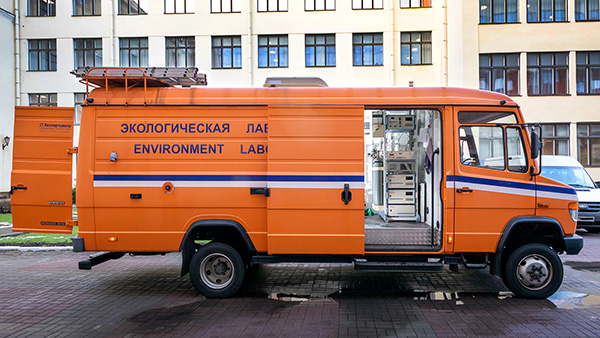 |
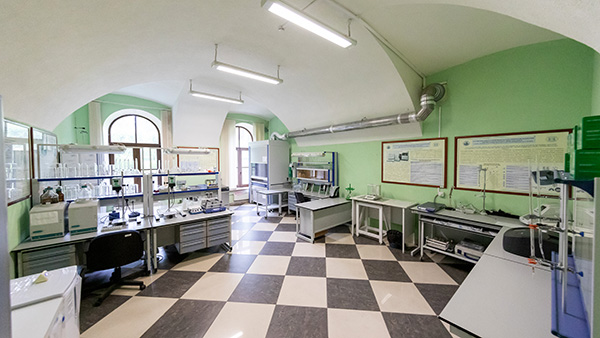 |
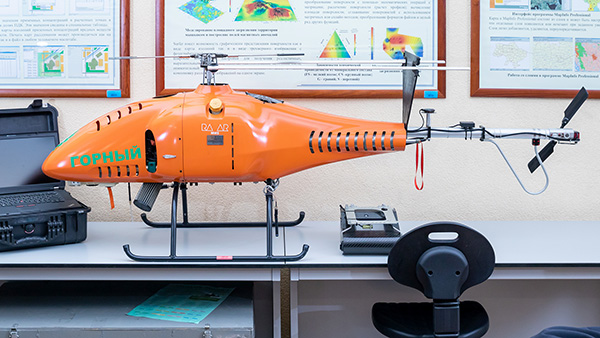 |
Scientific field "Assessment and reduction of the impact of industrial agglomerations on ecosystems"
The Ekosistema Research Center has all the necessary equipment to measure the technogenic impact on the environment and to interpret the data obtained. Our specialists have unmanned aerial vehicles and mobile ecological laboratories at their disposal. They are intended for collection and primary processing in the field of information about the condition of man-made natural systems. More meticulous analysis is carried out in the Center's laboratories.
Our scientists are engaged in development and adaptation to specific conditions of technologies for restoration of ecosystems disturbed by mining and oil and gas enterprises, purification of waste water, soil, waste gases. For example, together with the railway workers we are working on a project for utilization of sewage sludge through its thermal treatment and further use as a component for manufacturing concrete products, such as paving tiles. Today the waste in question is disposed of in landfills, which not only costs the producer money, but also harms the environment.
Another important vector of work is to improve the methodology, which allows improving the efficiency of the process of localization and elimination of soil contamination with petroleum products. In the vast majority of cases such measures are implemented by means of high-temperature incineration, which negatively affects the quality of soil. But some types of oil products can be eliminated even at lower values, for example, at 150 degrees, due to the use of thermal desorption technologies. The task of scientists is to determine the maximum concentration of light fractions of hydrocarbons in disturbed lands, at which it is possible to achieve full restoration of their productivity due to this method.
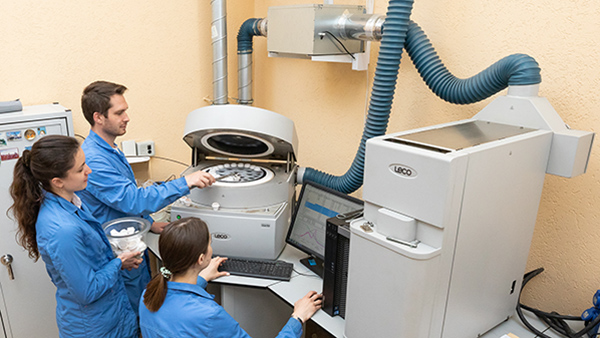 |
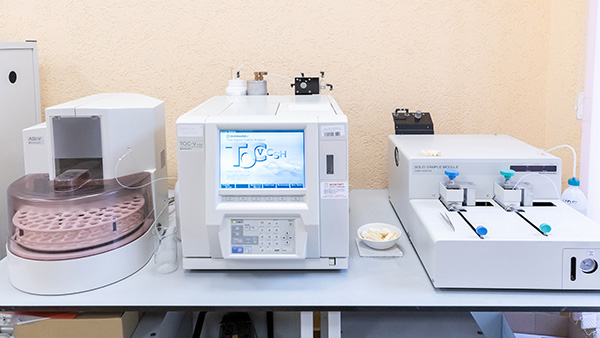 |
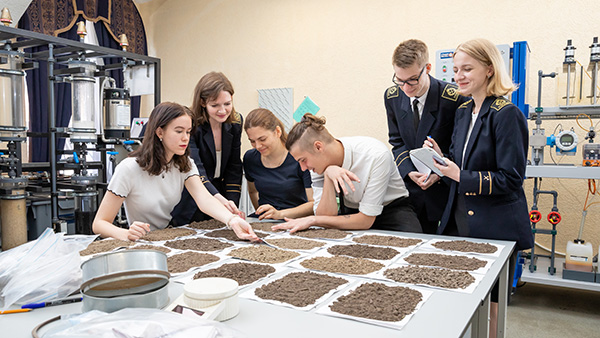 |
Scientific field "Management of carbon-intensive production and reduction of greenhouse gas emissions"
One of the most urgent challenges of our time is the need to sharply reduce the volume of greenhouse gas emissions, in particular CO2.
At the same time, it is obvious that the mechanism for achieving this goal, proposed by Western countries, has proven unviable. It consists in the intensification of the construction of renewable energy sources and a parallel reduction of investment in fossil fuels. According to some experts, this trend should have led to a fall in demand for hydrocarbons, but in fact only provoked their deficit and, as a consequence, caused a rise in exchange prices for natural gas, oil and coal.
In our opinion, the artificial acceleration of the energy transition will only lead to the impoverishment of a number of countries that have not created the initial conditions for the abandonment of traditional energy, and increase global consumption of "dirty," but cheap energy resources such as coal or fuel oil. Further development of green technologies and their gradual substitution for hydrocarbons is possible only in the case of increased financing of the mineral resource complex and stabilization of oil and gas markets.
This means that one of the priority tasks within the green agenda should be the development of effective and affordable projects related to the decarbonization of production facilities of the fuel and energy complex, and in particular, the creation of relatively inexpensive technologies to absorb and utilize carbon dioxide. This is a strategic benchmark of the scientific research carried out at the Ekosistema Research Center.
 |
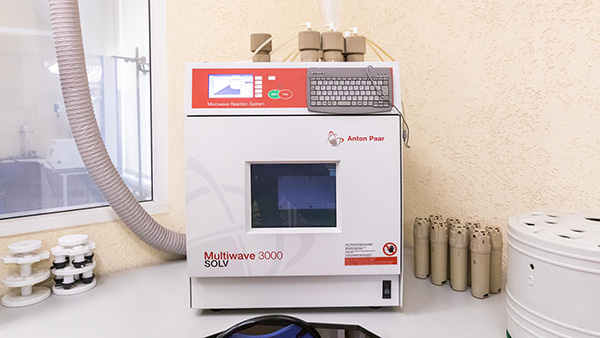 |
Address: Vasilievsky Island, 21st line building 2. St. Petersburg, 199106
Phone (fax): +7 (812) 328-82-07
E-mail: ecosystem@spmi.ru


